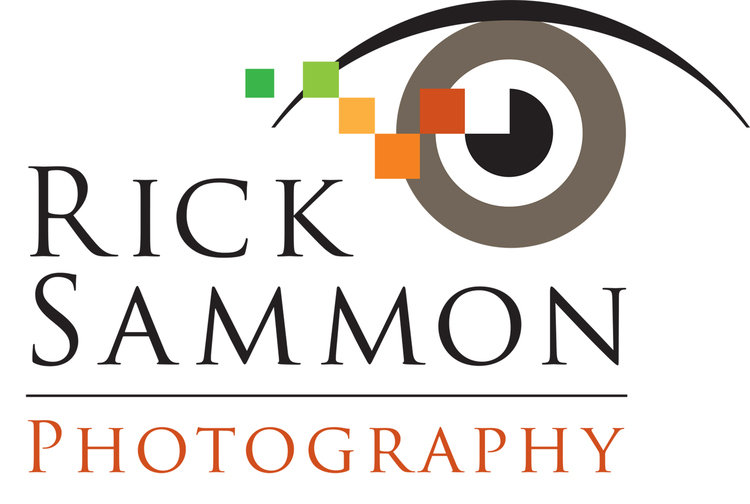| © Lewis Kemper |
In this post, Lewis specifically talks about where to photograph from sunrise to sunset.
If you plan to photograph inYosemite, Lewis' book, Photographing Yosemite Digital Field Guide, is a must.
If you are participating in my "In the Footsteps of Ansel Adams Photo Caravan," this post is for you.
If you are looking for some gear recos, here's my list.
Take it away Lewis!
Sunrise Locations
My all time favorite sunrise location is Cook’s Meadow (above), just
east of Yosemite Lodge. From here
the sunrises behind Half Dome, and depending on time of year illuminates
Yosemite Falls, Yosemite Point, Sentinel Rock, and Glacier Point. There are
many oaks and one elm tree, as well as Cow Parsnip in summer that you can use
as foreground elements, in your images. If you cross the footbridge you can get reflections of Yosemite Falls,
in the Merced River. I also like
the view from the footbridge looking down the valley with Sentinel Rock on the
left. From this one area you have a wide variety of photographic options so
plan to spend a lot of time here!
| © Lewis Kemper |
Another area I like at sunrise is along the Merced River on
the south side, opposite from El Capitan. As you walk the river west of the El
Capitan Bridge (where you can cross over to the Northside Drive), you get great
reflections of El Capitan as morning sun strikes the monolith.
| © Lewis Kemper |
And now with HDR, I like going to the areas that are
typically thought of as “sunset” locations, which include Gates of the Valley and Tunnel View (above and below).
| © Lewis Kemper
Sunset Locations
|
| © Lewis Kemper |
Off course no visit to Yosemite is complete without witnessing sunset
from the Tunnel View on Highway 41. This is the classic view with El Capitan on left, Clouds Rest Rest and Half Dome in the center, and Cathedral Rocks and
Bridalveil Fall on the right.
| © Lewis Kemper |
Outside the valley I like the views from Glacier Point and
Olmsted Point. From Glacier Point
you are approximately 4000 feet directly above the valley with Half Dome
looming in front of you and a great view up Tenaya Canyon. From Olmsted Point, on the Tioga Road,
you have an interesting view of Half Dome from the north side as it catches the
last rays of the setting sun.
| © Lewis Kemper |
Because Yosemite Valley is so deep there really are no “Golden
Hours” the sun is high in the sky before it hit anywhere in the valley and sets
quickly over the valley walls. The
only time you get “golden” light in the valley is if there is a great cloud
cover overhead (but not on the horizon) around sunrise or sunset. But if you venture outside of the
valley, especially up to Tuolumne Meadows you can find “Golden Light” that last
can start about and hour before sunrise and last until about an hour after
sunrise. In the evening the nice
light can last about 1½ hours before sunset and last about 45 minutes after
sunset.
Low Light Ideas
| © Lewis Kemper |
A nice place to visit when the light is low would be the
sequoia groves. There are three in the
park, two require a hike and one is accessible via a shuttle. Early in the morning or late in the
evening the trees are more evenly lit and much easier to photograph.
Midday Ideas
| © Lewis Kemper |
If you are in the valley mid-day then I suggest you
concentrate on details and close ups. There are Cow Parsnip and milkweed in Cooks, Meadow, azaleas near Gates
of the Valley, and many interesting lichens and rock patterns around Happy
Isles. If you leave the valley mid-day is a fine to photograph some of the high
country lakes along the Tioga road.
I like Siesta Lake, and Tenaya Lake. From Tuolumne Meadows it is a short hike to Dog Lake.
Tuolumne Meadows can also be a good mid-day destination with its wildflowers
and reflections in the Tuolumne River.
• • •
Thank you Lewis for an inspiring post.
Explore the light,
Rick
